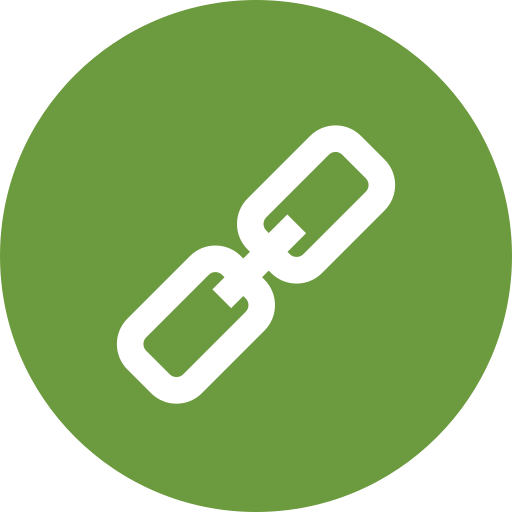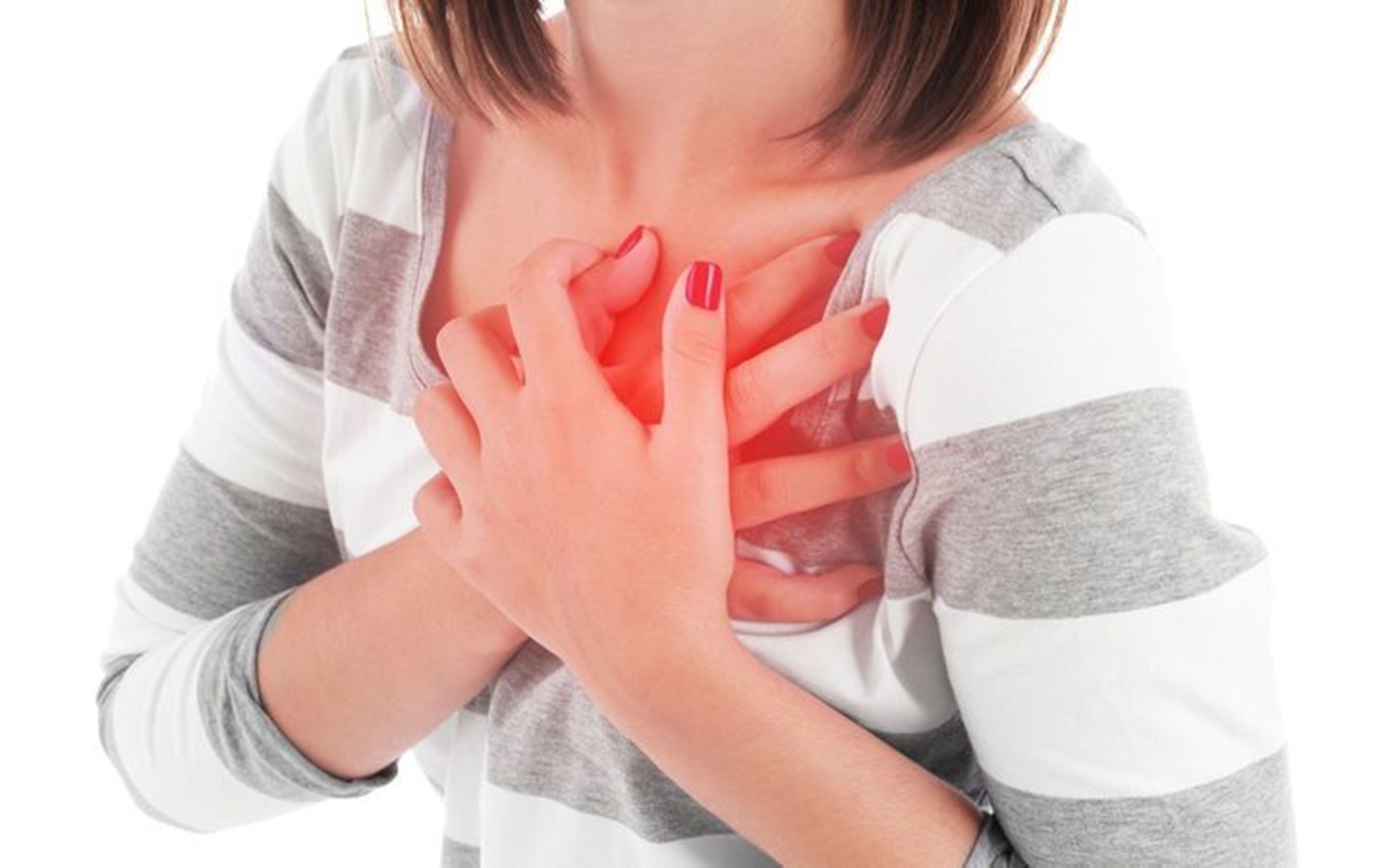| Product name | Per Pill | Savings | Per Pack | Order |
|---|---|---|---|---|
| 30 pills | $0.98 | $29.55 | ADD TO CART | |
| 60 pills | $0.78 | $12.57 | $59.10 $46.53 | ADD TO CART |
| 90 pills | $0.71 | $25.14 | $88.64 $63.50 | ADD TO CART |
| 120 pills | $0.67 | $37.71 | $118.19 $80.48 | ADD TO CART |
| 180 pills | $0.64 | $62.86 | $177.29 $114.43 | ADD TO CART |
| 270 pills | $0.61 | $100.57 | $265.94 $165.37 | ADD TO CART |
| 360 pills | $0.60 | $138.29 | $354.59 $216.30 | ADD TO CART |
Procardia, also known as nifedipine, is a calcium channel blocker medication that is widely used to treat hypertension (high blood pressure) and angina (chest pain). The 30 mg dosage of Procardia is a commonly prescribed strength, and it is available in various forms, including tablets and capsules. In this article, we will delve into the details of Procardia 30 mg, including its uses, benefits, and potential side effects. We will also discuss how to order Procardia, buy Procardia, and purchase Procardia 30 mg overnight delivery.
What is Procardia 30 mg?
Procardia 30 mg is a medication that belongs to the class of calcium channel blockers. It works by relaxing the blood vessels, which helps to reduce blood pressure and increase oxygen supply to the heart. This medication is commonly used to treat hypertension, angina, and other cardiovascular conditions.
Uses of Procardia 30 mg
Procardia 30 mg is used to treat a variety of conditions, including:
- Hypertension (high blood pressure)
- Angina (chest pain)
- Coronary artery disease
- Raynaud's disease
- Esophageal spasms
Benefits of Procardia 30 mg
The benefits of Procardia 30 mg include:
- Lower blood pressure: Procardia 30 mg helps to reduce blood pressure, which can reduce the risk of heart attack, stroke, and kidney disease.
- Improved angina symptoms: Procardia 30 mg helps to increase oxygen supply to the heart, which can reduce the frequency and severity of angina attacks.
- Reduced risk of heart failure: Procardia 30 mg can help to reduce the risk of heart failure by reducing blood pressure and improving cardiac function.
Side Effects of Procardia 30 mg
Like all medications, Procardia 30 mg can cause side effects, including:
- Headache
- Dizziness
- Lightheadedness
- Nausea
- Vomiting
- Diarrhea
- Constipation
How to Buy Procardia 30 mg
If you are looking to buy Procardia 30 mg, there are several options available. You can order Procardia online from a reputable pharmacy or purchase it from a local pharmacy. You can also buy Procardia without prescription from some online pharmacies, but it is recommended to consult a doctor before taking any medication.
Generic Procardia 30 mg
Generic Procardia 30 mg is available from several manufacturers, including generic procardia 30 mg amex and generic procardia 30 mg free shipping. Generic medications are often cheaper than brand-name medications and are just as effective.
Discount Procardia 30 mg
If you are looking for a discount Procardia 30 mg, there are several options available. You can purchase Procardia 30 mg overnight delivery from online pharmacies, which often offer discounts and free shipping. You can also buy Procardia 30 mg low price from local pharmacies or purchase cheap Procardia on line from online retailers.
Table: Procardia 30 mg Prices
| Pharmacy | Price |
|---|---|
| Online Pharmacy 1 | $10.99 |
| Online Pharmacy 2 | $12.99 |
| Local Pharmacy | $15.99 |
| Online Retailer | $8.99 |
List of Procardia 30 mg Benefits
Here are some benefits of Procardia 30 mg:
- Lowers blood pressure
- Improves angina symptoms
- Reduces risk of heart failure
- Increases oxygen supply to the heart
- Relaxes blood vessels
List of Procardia 30 mg Side Effects
Here are some side effects of Procardia 30 mg:
- Headache
- Dizziness
- Lightheadedness
- Nausea
- Vomiting
- Diarrhea
- Constipation
Conclusion
Procardia 30 mg is a commonly prescribed medication for hypertension and angina. It is available in various forms, including tablets and capsules, and can be purchased Procardia 30 mg on line or from local pharmacies. If you are looking to buy Procardia 30 mg, it is recommended to consult a doctor before taking any medication. You can also order Procardia overnight or purchase Procardia 30 mg fast delivery from online pharmacies. Remember to always follow the instructions of your doctor and pharmacist when taking Procardia 30 mg.
Order Procardia 30 mg Online
If you are looking to order Procardia 30 mg online, there are several options available. You can buy Procardia 30 mg with amex or purchase Procardia 30 mg mastercard from online pharmacies. You can also buy Procardia 30 mg visa or purchase Procardia 30 mg otc from online retailers.
Procardia 30 mg FAQs
Here are some frequently asked questions about Procardia 30 mg:
- Q: What is Procardia 30 mg used for? A: Procardia 30 mg is used to treat hypertension, angina, and other cardiovascular conditions.
- Q: How do I take Procardia 30 mg? A: Procardia 30 mg should be taken as directed by your doctor, usually once a day.
- Q: What are the side effects of Procardia 30 mg? A: The side effects of Procardia 30 mg include headache, dizziness, lightheadedness, nausea, vomiting, diarrhea, and constipation.
Procardia 30 mg Dosage
The dosage of Procardia 30 mg varies depending on the individual and the condition being treated. The usual dosage is 30 mg once a day, but it can be adjusted by your doctor as needed.
Procardia 30 mg Interactions
Procardia 30 mg can interact with other medications, including:
- Beta blockers
- Diuretics
- ACE inhibitors
- Anti-arrhythmic medications
It is recommended to consult a doctor before taking Procardia 30 mg with any other medication.
Procardia 30 mg Warnings
Procardia 30 mg can cause dizziness and lightheadedness, so it is recommended to avoid driving or operating heavy machinery while taking this medication. It is also recommended to avoid drinking grapefruit juice while taking Procardia 30 mg, as it can increase the risk of side effects.
Procardia 30 mg Pregnancy and Breastfeeding
Procardia 30 mg should be used with caution during pregnancy and breastfeeding. It is recommended to consult a doctor before taking Procardia 30 mg if you are pregnant or breastfeeding.
Procardia 30 mg Overdose
If you take too much Procardia 30 mg, it can cause serious side effects, including:
- Severe dizziness
- Lightheadedness
- Fainting
- Abnormal heart rhythms
If you suspect an overdose, it is recommended to seek medical attention immediately.
Procardia 30 mg Storage
Procardia 30 mg should be stored at room temperature, away from light and moisture. It is recommended to keep Procardia 30 mg out of reach of children and pets.
Procardia 30 mg Disposal
Procardia 30 mg should be disposed of properly, according to the instructions of your pharmacist or doctor. It is recommended to dispose of Procardia 30 mg in a sealed container, away from light and moisture.
By following the instructions of your doctor and pharmacist, you can safely and effectively use Procardia 30 mg to manage your hypertension and angina symptoms. Remember to always follow the instructions of your doctor and pharmacist when taking Procardia 30 mg, and to order Procardia 30 mg online or from local pharmacies only from reputable sources.
Treating Certain Kinds of Angina (Chest Pain): A Comprehensive Guide
Angina, also known as angina pectoris, is a type of chest pain or discomfort that occurs when the heart muscle does not receive enough oxygen-rich blood. It is a common symptom of coronary artery disease (CAD), which affects millions of people worldwide. Angina can be a warning sign of a heart attack, and it is essential to seek medical attention immediately if you experience any symptoms. In this article, we will discuss the different types of angina, their causes, symptoms, and treatment options.
Types of Angina
There are several types of angina, including:
- Stable Angina: This is the most common type of angina, which occurs when the heart muscle does not receive enough oxygen-rich blood during physical activity or stress. The pain or discomfort is usually predictable and can be relieved with rest or medication.
- Unstable Angina: This type of angina is more severe and unpredictable, and can occur at any time, even at rest. It is a sign of a more serious heart condition and requires immediate medical attention.
- Variant Angina: Also known as Prinzmetal's angina, this type of angina occurs when the coronary arteries spasm, reducing blood flow to the heart muscle.
- Microvascular Angina: This type of angina occurs when the small blood vessels in the heart become narrowed or blocked, reducing blood flow to the heart muscle.
Causes of Angina
Angina is usually caused by a reduction in blood flow to the heart muscle, which can be due to:
- Coronary Artery Disease (CAD): The buildup of plaque in the coronary arteries, which supply blood to the heart muscle.
- Atherosclerosis: The buildup of fatty deposits in the arteries, which can narrow or block the arteries.
- Blood Clots: The formation of blood clots in the coronary arteries, which can block blood flow to the heart muscle.
- Spasm of the Coronary Arteries: The sudden narrowing or constriction of the coronary arteries, which can reduce blood flow to the heart muscle.
Symptoms of Angina
The symptoms of angina can vary from person to person, but common symptoms include:
- Chest Pain or Discomfort: A feeling of pressure, tightness, or heaviness in the chest, which can radiate to the arms, back, neck, or jaw.
- Shortness of Breath: Difficulty breathing or feeling winded, even when sitting still or engaging in light physical activity.
- Fatigue: Feeling tired or weak, even after getting enough rest.
- Dizziness or Lightheadedness: Feeling dizzy or lightheaded, especially when standing up or changing positions.
Treatment Options for Angina
The treatment options for angina depend on the type and severity of the condition. The following are some common treatment options:
| Treatment Option | Description |
|---|---|
| Medications | Nitrates, beta blockers, calcium channel blockers, and antiplatelet agents to reduce symptoms and prevent complications. |
| Lifestyle Changes | Quitting smoking, exercising regularly, eating a healthy diet, and managing stress to reduce the risk of heart disease. |
| Angioplasty and Stenting | A minimally invasive procedure to open up blocked coronary arteries and improve blood flow to the heart muscle. |
| Coronary Artery Bypass Grafting (CABG) | A surgical procedure to bypass blocked coronary arteries and improve blood flow to the heart muscle. |
Lifestyle Changes to Manage Angina
Making lifestyle changes can help manage angina and reduce the risk of heart disease. The following are some tips:
- Quit Smoking: Smoking can damage the coronary arteries and increase the risk of heart disease.
- Exercise Regularly: Regular exercise can help improve blood flow to the heart muscle and reduce symptoms of angina.
- Eat a Healthy Diet: Eating a healthy diet that is low in saturated fat, salt, and sugar can help reduce the risk of heart disease.
- Manage Stress: Stress can trigger symptoms of angina, and managing stress through techniques such as meditation or yoga can help reduce symptoms.
Medications for Angina
Medications can help reduce symptoms of angina and prevent complications. The following are some common medications used to treat angina:
- Nitrates: Nitrates, such as nitroglycerin, can help relax the blood vessels and improve blood flow to the heart muscle.
- Beta Blockers: Beta blockers, such as metoprolol, can help slow the heart rate and reduce the workload on the heart.
- Calcium Channel Blockers: Calcium channel blockers, such as amlodipine, can help relax the blood vessels and improve blood flow to the heart muscle.
- Antiplatelet Agents: Antiplatelet agents, such as aspirin, can help prevent blood clots from forming in the coronary arteries.
Conclusion
Angina is a common symptom of coronary artery disease, and it is essential to seek medical attention immediately if you experience any symptoms. The treatment options for angina depend on the type and severity of the condition, and making lifestyle changes can help manage angina and reduce the risk of heart disease. By understanding the causes, symptoms, and treatment options for angina, you can take steps to protect your heart health and reduce your risk of heart disease.
Additional Resources
For more information on angina and heart disease, you can visit the following websites:
- American Heart Association (AHA)
- American College of Cardiology (ACC)
- National Heart, Lung, and Blood Institute (NHLBI)
References
- "Angina (Chest Pain)" by the American Heart Association (AHA)
- "Angina Pectoris" by the American College of Cardiology (ACC)
- "Coronary Artery Disease" by the National Heart, Lung, and Blood Institute (NHLBI)
























